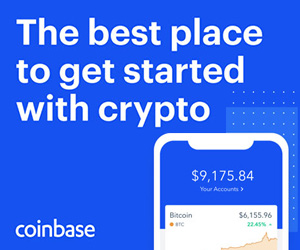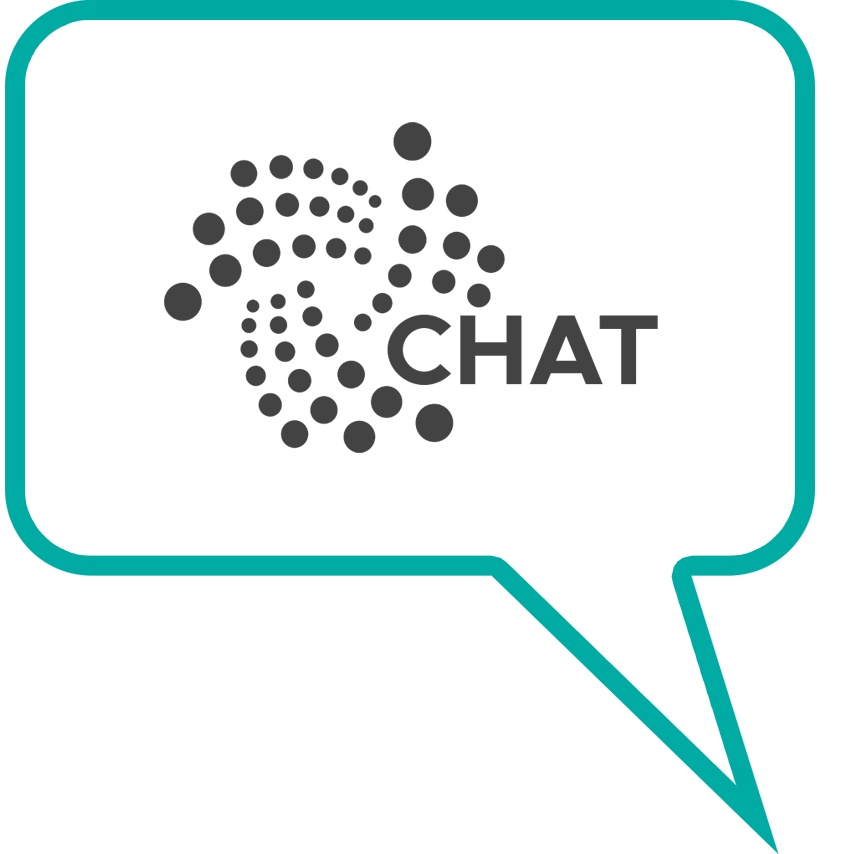
The Long Winding Path
What should we expect as IOTA moves into a Coo-less future? Maybe looking backwards can inform a look ahead.
The 28th of May of 2019 marks a historic day in IOTA’s already remarkable history. IOTA is a project that started as nothing more than an ambitious vision in the minds of four extraordinary people a handful of years ago. It’s important to maintain perspective on how it all happened. Well before the cryptocurrency boom of 2017 that saw astronomical crypto valuations, and well before the corresponding ICO craze that allowed nearly any project with a white paper to raise tens of millions of dollars on a promise, the IOTA founders had been working on the very fringes of distributed ledger technology. And that’s saying a lot, because DLTs were still fringe themselves. The IOTA team had been working on the first ever implementation of a Proof of Stake consensus mechanism in a cryptocurrency project called Nxt project. Over time, they began to realize that the cryptocurrencies at that time were unable to cater to the needs of a future internet of things (IoT), and the seed of a machine economy was planted.
Realizing the importance of a value and data transfer layer to the IoT, it was also apparent that the future global standard would have to be distributed/decentralized and very cheap to use. The implications of a future IoT built on top of such a layer are as broad as the implications of the internet itself – who could have predicted that search, video streaming, and e-commerce would all turn into pivotal industries back when there were only a few thousand hobbyists playing with email in the 90’s? For the IoT, the IOTA founders envisioned a future in which machines could autonomously transact, vehicles could own themselves, drones could have sovereignty, and every device would be economically entangled with society. Unimaginable today.
They began building this audacious project in 2015. Instead of raising money and retaining a large stake of tokens with a highly marketed ICO, the decision was made to have a small sale of every token, which meant even the founders themselves had to buy tokens if they personally wanted to have a stake in the project. A fair distribution to anyone who wanted to participate. Avoidance of crowdsale marketing glitz and glamour was arguably detrimental to the success of the funding campaign, however, as it resulted in raising less than a million dollars. Despite this, they continued to rigorously stick to their values by avoiding marketing hype and shooting down misinformation at every turn. This approach was strongly opposed by the prevailing “pump-the-price-at-all-costs” mindset of the crypto community at the time.
When the price of Bitcoin plummeted after the crowd sale, IOTA must have been working on a tight budget. Dominic was eating frozen pizzas, yet progress continued. David asked the community to secure the future success of IOTA and to establish what we know today as the IOTA Foundation, and the community responded by donating more than 5 percent of the entire token supply for the cause.


